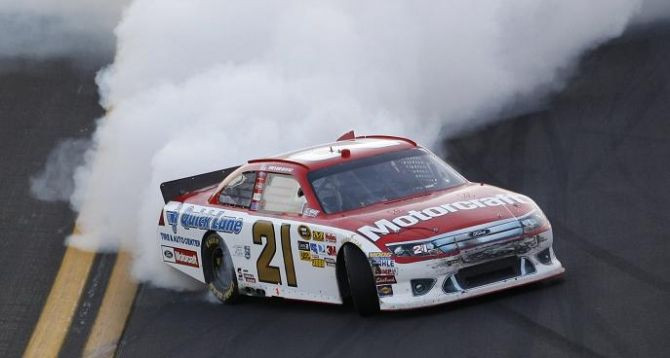Friction Losses Account for 1/3 of Cars' Fuel Use

New research shows that overcoming friction accounts for over a third of the energy produced by fuel in car engines, consumption that improved technology and driver attributes could curb.
In a joint study by VTT Technical Research Centre of Finland and Argonne National Laboratory (ANL) in the U.S., researchers found that friction in car subsystems like tires, gears, brakes, and pistons accounts for 33 percent of the energy output.
Using new surface technologies, that friction can be reduced by 10 to 50 percent.
According to researchers, enhanced product development measures could save an estimated 117,000 million liters in fuel per year, and 18 percent reduction.
The study notes that drivers can also do their part to curb fuel consumption by slowing down and increasing tire pressure.
The results are published in the journal Tribology International.



























